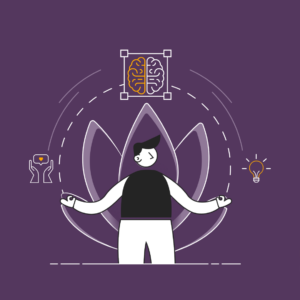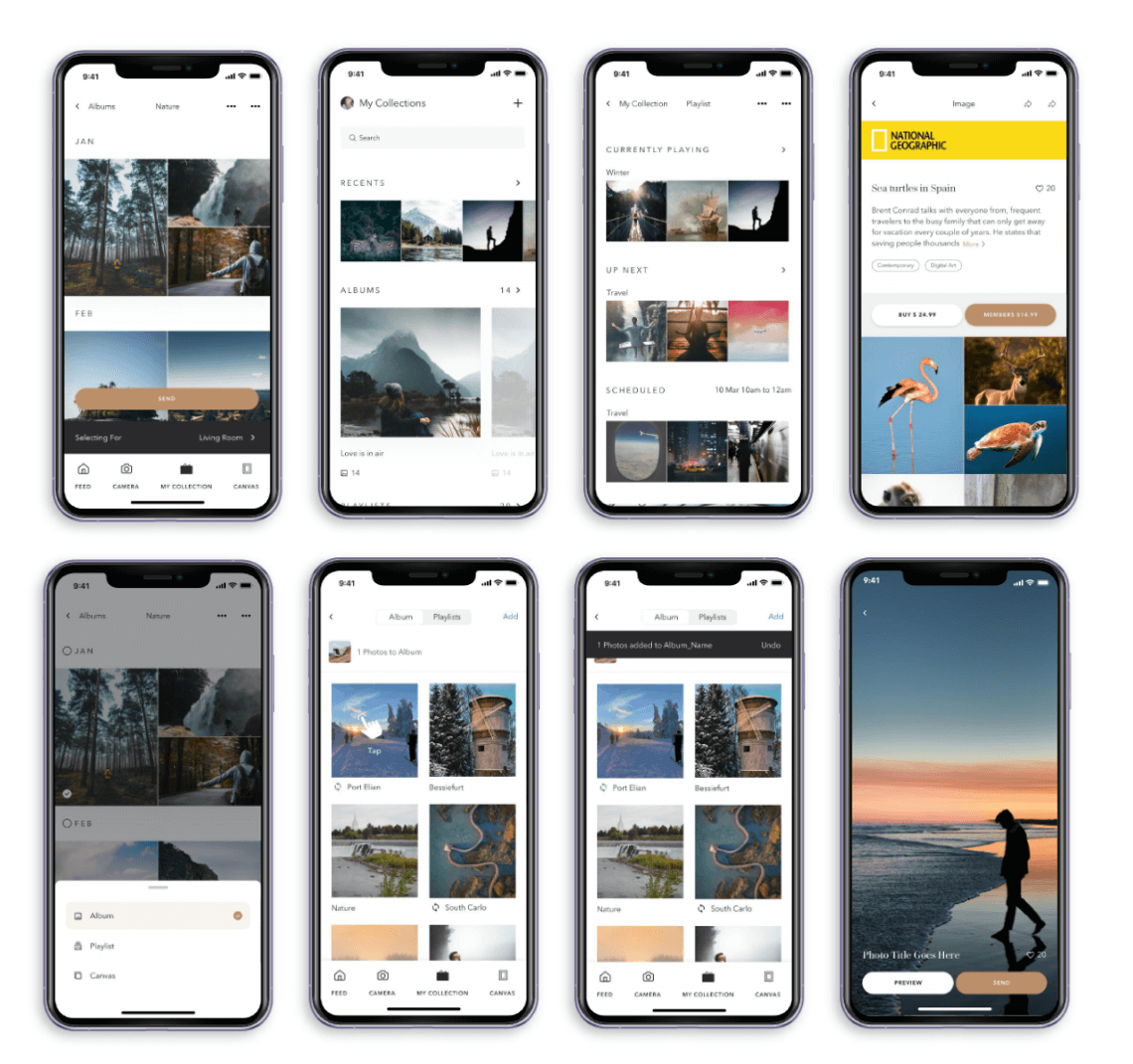On a mission to democratize design mentorship for all.
Necessity breeds invention and one such revolutionary invention is ADPList.
Founded by two people with a passion for design and a vision to do something worthwhile for the world, ADPList is a global community of mentors and learners with over 13000 mentors and 10 million mentoring minutes across 141 countries.
In a candid conversation on our podcast UX Banter, Felix Lee, the co-founder of ADPList shared his story, experiences, learnings, and how he came about creating an online design community of mentors and learners around the world.
Felix recalls starting ADPList with his friend James Badour as a means to help people during the pandemic by providing them a platform to seek career guidance and advice from industry experts. They started with an Excel spreadsheet, 30 mentors, 200 mentees, and a simple aim to inspire powerful conversations and collaborations among designers worldwide so together they can change the world with creativity (this later became their motto).
With a clear goal and a legitimate problem to solve, ADPList worked its way up to become the largest global design community in the world.
Felix expresses,
“I’m truly excited that the story has evolved itself from just wanting to help people to really truly connecting people to share knowledge with each other. I think it’s an incredible adventure that we’re all going on together.”
Here’s sharing a few interesting bits from the conversation.
The power of goodness in people
What came as a pleasant surprise for Felix in his journey to create ADPList was the sheer goodness of people. He was truly inspired and elated by the willingness of people to mentor by taking out 30 minutes of their day to help others. According to Felix, it is this willingness of people to contribute to a mission that is bigger than themselves that has made ADPList what it is today.
The fallacy of UX
Felix shares a fresh perspective on what he calls ‘The fallacy of UX’. He believes UX design is not just about solving problems by improving the experience and usability of a site, it is about finding the right problems to solve first. Most companies or startups these days start with a technology they think is cool and design an app or software for it. It is like finding a problem for a solution. Such ventures might not end up being successful due to the lack of a real problem to solve.
Instead, a better approach to design is to first identify and understand a fundamental problem that is worth solving. And then, have design serve as a solution to that problem. According to Felix, ADPList is the perfect example of this as they did not aim on designing a beautiful website or app for ADPList at first. They just started with a problem of people not having enough design mentors to seek guidance from and an Excel sheet with a few names on it.
“We have a lot of people who can do the work, but not a lot of people who can think and it’s a rare commodity these days.”
Therefore, it is important to know that design is not just about UX and UI, rather, it is about what problem you are trying to solve and is that of real value. This is the mantra to making something successful.
Data-driven design is the key
Felix also highlights the importance of data in designing successful user experiences. He mentions,
“The best designers spend 70 to 80% of their time studying data and the rest 20 to 30% on actually designing.”
Being data-driven while designing an application reduces the chances of failure and saves your money and time which can be wasted in hits and misses trying to find out what will work. It is better to sift through data, analyze user behavior, and website performance and identify key improvement areas. For instance, if your website’s data show low conversion rates, you might want to fix your subscription flow in order to get more people to sign up for your service.
Diversity and inclusivity in the workplace
The young co-founder readily vouches for diversity and inclusivity in a company to make it truly global. ADPList has a very culturally diverse team with people from across the globe like the USA, Canada, India, Australia, and Singapore. They have also made a conscious effort to have 60% female members on the team. Such diversity cultivates a healthy work culture where people are respectful and accepting of each other’s backgrounds, perspectives, and ideas.
Felix beautifully summarises his views on this by saying,
“If your views can actually transcend and convince a very broad perspective of a group of people, it’s very likely that your product is able to serve the world. And for me, I feel like that is a good representation of ADPList. Today, it’s so diverse, we’re able to serve people with so many different backgrounds.”
Final thoughts
ADPList is a million-dollar company today simply because its founders understood a real problem and made sincere efforts to solve it. This conversation left us with real gems of advice about understanding people, problem-first design, workplace diversity, and the power of data-driven design. To know more about Felix, his inspiring story like his days in the army, his role models, his favorite book, TV show, and a lot more.
Listen to the full episode here:
Design is about understanding different complexities — Felix Lee
Follow UX Banter hosted by our Director of UX, Dushyant Kanungo, and stay tuned for more such inspiring and insightful conversations with UX industry experts.
























